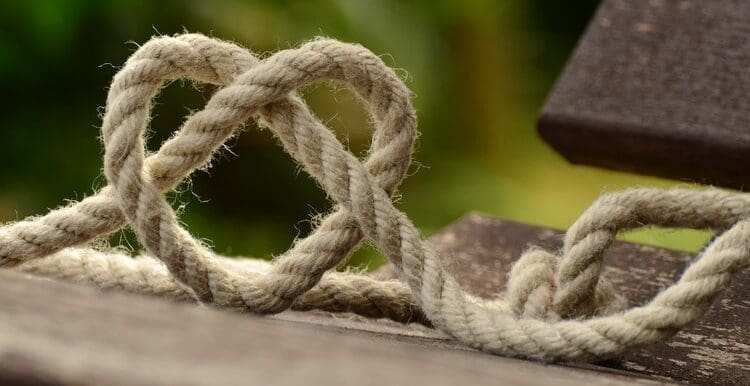This is the second week of the year, and I’m sure you feel ready to get on with 2021. Who isn’t? This has easily been one of the hardest years the world has seen in decades. But are you hopeful for 2021? Or has 2020 left you hurt, jaded, or suspicious for another hard year?
Seems to me the number one thing we need for 2021 is hope … hope to get up and try again. This is why this post features excerpts from my ebook, “Choosing Hope,” about what hope is, what it isn’t, and how we get it back into our lives.
I will always remember the time in high school when we ran out of food. It was 2008 and times were rough. I opened the refrigerator — it was nearly empty. There were cheese and tortillas left.
Someone rang our doorbell. Opening it, I saw one of my high school teachers standing at our door, bags of food all around her. “This morning in prayer, I felt God say to buy your family food,” is all she said.
I had never seen a miracle like this. How did she know? God had told her. For weeks, every time I opened the doors of that fridge, I felt God’s love. I learned at that moment that God will always provide.
And ever since, whenever I’ve needed hope for miraculous provision, I remind myself of the time God filled our fridge. We must recount the testimonies of old and declare them as prophecies to come.
If God did it once, we can have faith and hope that He will do it again.
Let’s search for hope once again today.
1. Hope Ropes
Theodore Roosevelt once said, “When you’re at the end of your rope, tie a knot and hold on.”
Many of us grow up believing hope is a feeling, but here’s the problem: When our good feelings dry up, we have no more hope.
We must get up, take action, and go on a quest to find hope.
The Bible shows us that hope is far from a feeling. In one of the most famous verses on hope, God says,
“‘For I know the plans I have for you,’ declares the LORD, ‘plans to prosper you and not to harm you, plans to give you hope and a future.’” (Jeremiah 29:11 NIV)”
The Hebrew word we translate as “hope” in this verse is tiqvah. One of its definitions is “hope,” but when this word tiqvah appears in the Bible for the first time in Joshua 2:18, it has another translation: “rope.”
Yes, a literal rope.
So a better way to read this verse is “…plans to give you a rope and a future.”
Hope is the rope that ties us to our future in God. This truth — that God has a good plan for our lives — acts as a rope that anchors us, ties us to a firm foundation in a storm of challenges.
Whatever we have anchored ourselves to in life is what we have placed our hope in.
If my security is in the fact that I have money, that means I have tied myself to money and placed my hope in money. If my money drains, so drains my hope, and I find myself at the mercy of a financial storm.
If my security is in a friendship, a spouse, a child, or a parent, then I have anchored myself to a human relationship, and my hope is in them. If that friendship ends, that spouse leaves, that child rebels, or that parent dies, my life loses its hope for a future.
If my security is tied to anything in this world — my job, my house, my health, my political party, the economy, whatever — then I have tied my hope to this world.
God says His plans are supposed to be our rope! Grabbing on to His sovereignty anchors us in the storms of life.
If the pain is unbearable, though the light seems all but present, though the loneliness is suffocating, even with tears streaming from our eyes, we must grab on to this verse like our lives depend on it. (It does.)
2. Hope Expects
The ancient Hebrew word qavah is the next most common word translated in English as “hope.” But a more accurate translation is “to wait with expectancy.”
When hardships hit us, when overwhelming storms of trials come our way, they tempt us to take a seat in defeat, to give up and “hope” God will step in.
But by definition, merely wishing for God to show up is not hope. Qavah is an expectation — one that says God will do something about this.
This is not a feeling or a wish that something might get better one day. This is a declaration of faith: “I know that this will get better. God will show up.”
Qavah-type hope is like a bride and groom waiting for their wedding day. They don’t hope maybe one day they will get married. “Maybe one day people will happen to meet us at the venue. Hopefully, a pastor will be there, and if it’s God’s will then everything will align, and we will get married.”
No way.
They prepare months for this single day. They choose a venue, they ask the pastor to prepare, they carefully choose their bridal party. They count down the time left: “In 152 days 15 hours and 3 minutes, we will get married.”
There’s nothing passive about it. Their waiting is very active, preparative, and expectant. This is qavah hope.
It is not sad. It is eager. Qavah hope believes God’s promise has been purchased, paid for, and sent in the mail; we are just waiting for it to get to my house.
Hope is never a victim; it is always the victor. Hope always expects.
Enjoying this Post? Let’s Get Connected!
3. Hope Binds
The Hebrew word qavah has yet another definition in the Bible: “to bind and to gather.” It is used to describe the binding of a string around branches, or the binding of one item securely to another.
A few weeks ago was Christmas. Children around the world eagerly counted down the days. When the family eagerly goes hunting to find just the right Christmas tree, that is hope. When they bind that tree to the top of the car to make sure it doesn’t fly off the roof onto the freeway, that is hope. When they water the tree to keep it alive, that is hope.
Hope does not just think Christmas will come. Hope does not just wait for a tree to appear at the door. Hope does not wait to see if God’s plan for the tree is to balance it on the roof of the car for the drive home. Hope does not think “if it’s meant to be, then the tree will survive without water.”
Hope is an action.
Hope is a binding of God’s promises to yourself. Hope intentionally wraps His words and truth around the burns of tragedy in your life. Hope binds God to your pain and brokenness. We endure the immediate pain for the promise of a healed future.
We must choose, even when it is painful, to surround and bind every wound and tragedy, not with the questions of “Why did this happen? How could God let this happen to me?” but instead with what we know about God’s love, redemption, and provision.
Often we do not have hope because we do not choose hope. But God redeems all things. We must bind this truth to our hearts.
For the Christian, it is more realistic to believe God will heal a situation than to believe He will not. His Word says He is a Healer.
It is more realistic to believe that God will conquer the COVID-19 virus than to believe it will conquer us. It is more realistic to believe Jesus is going to bring revival through this pandemic than to believe it will end without God getting the glory.
It is more realistic to declare that Jesus is protecting us than to live in worry of death. It is extremely naive of us to look at the eternal, all-powerful, all-knowing, all-controlling God of the universe and to expect darkness to win.
The true wisdom of Heaven says God always wins. True discernment says that God is in control. Choosing hope is always the wisest option possible because it is the only option grounded in the love of God.
Invite God daily into your pain. Immerse yourself into His Word. Stubbornly proclaim His promises over our lives. Let us bind them to us! This is hope!
To access the entire ebook on hope for free, click here , and I’ll send it over to your inbox immediately!


I love how hope also means rope/ the insight on Qavah being eager or waiting expectantly/the word bind reminds me of my word for this year. My word for this year is “cling” within the verse of Jeremiah 13:11. “For as a loincloth CLINGS to the waist of a man, so I made the whole house of Israel and the whole house of Judah cling to me, declares the Lord, that they might be for me a people, a name, a praise, and a glory, but they would not listen”.